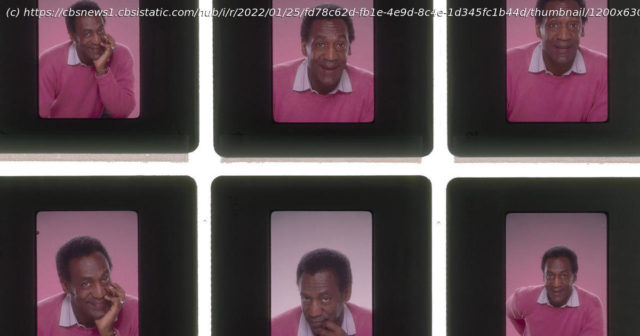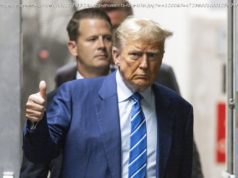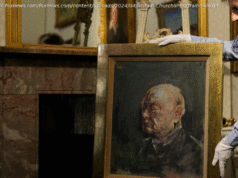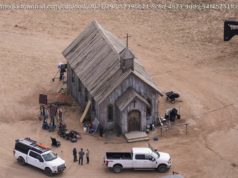For the second year in a row, the Utah-based festival is a virtual event, with world premiere documentaries and narrative films streaming online. Here are some of the early highlights.
The 2022 Sundance Film Festival continued this week, presenting its lineup of new documentary and narrative films via streaming for the second year in a row. The showcase, which runs through January 30, is making virtual screenings available across the U.S. (and, in some cases, internationally) via Sundance’s digital platform. The festival includes 82 features from 28 countries (91% of which are world premieres). Added late to the festival’s lineup, as a « mystery film, » is the documentary « Navalny, » about the Russian opposition leader and anti-corruption activist. It will debut Tuesday night. While in-person screenings at Park City, Utah were canceled because of COVID-19, some of the festival’s lineup will still screen at independent arthouses across the U.S. beginning January 28, including the Amherst Cinema in Amherst, Massachusetts; SNF Parkway Theatre in Baltimore; mama.film in Lawrence, Kansas; Indie Memphis in Memphis, Tennessee; Digital Gym Cinema in San Diego; Northwest Film Forum in Seattle; and a/perture cinema in Winston-Salem, North Carolina. To purchase packages and individual streaming tickets go to the Sundance website. Although not all films have been previewed at press time, below are some of the recently premiered highlights. (Also, check out and of our coverage.) In this four-hour docuseries (which will begin streaming January 30 on Showtime), director and comedian W. Kamau Bell explores the public image of Bill Cosby – trailblazing standup comic, Emmy-winning actor in TV dramas and comedies, star of Saturday morning cartoon shows, education advocate – and the private Bill Cosby, who stands accused of predatory behavior and sexually assaulting dozens of women over the course of several decades. Each episode is built on this bifurcated vision of Cosby. They open with explorations of his public life and achievements, including the groundbreaking advancements for which he should be credited (such as demanding that Black stunt performers, not White men in blackface, be hired for his action series « I Spy »). The episodes then evolve to what Cosby was doing concurrently behind the scenes – devastating testimonials from women who were drugged and assaulted, and who experienced victim blaming, gaslighting or self-doubt about their responsibility. Bell elicits from his other interview subjects – people who were fans – extremely thoughtful examinations about Cosby’s role as a leading Black pop culture figure and, in his portrayal of Cliff Huxtable on « The Cosby Show, » as « America’s Dad, » as well as their struggle to weigh the evidence against him. While viewers get to relive some of the moments that made Cosby a fixture of life for generations, some elements of his comedy routines and public statements offer curious hints as to his private behavior.






